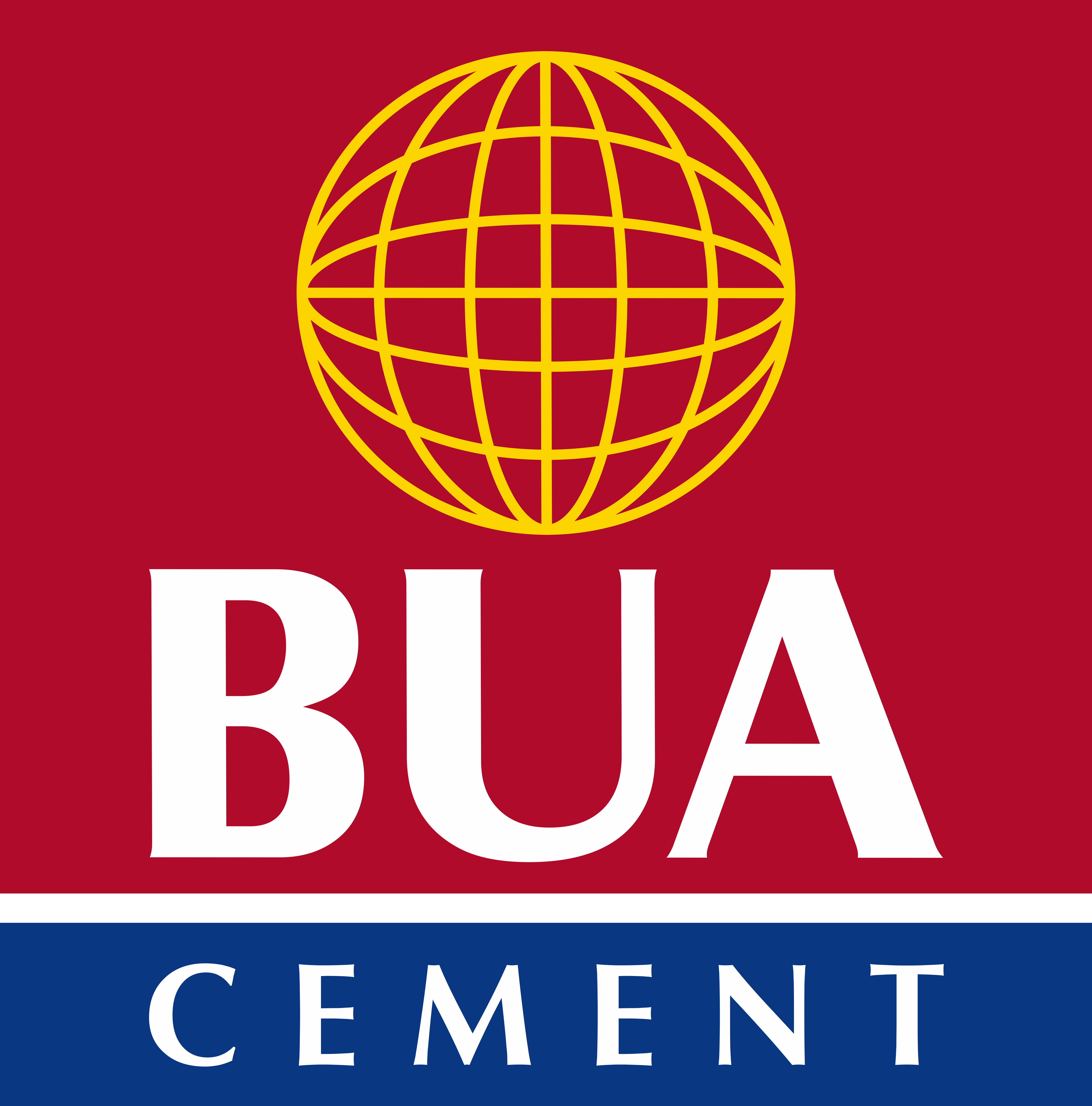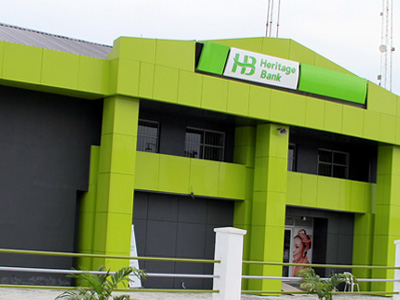
The management of BUA Cement Plc, on Monday, published the result of its operations for the first quarter ended March 2020, the first following the completion of the merger of BUA Group’s cement assets.
Highlights of the score-card included the 25.% rise in sales revenue in the period from N43.1bn in the corresponding period of 2019, to N54b, helped by the 20% growth in the volume of cement dispatched from 1,107 kt in Q1’2019 to 1,328 kt.
This, the company noted, was underpinned by increased capacity output and growing market acceptance, as well as its continued “in-roads to ‘new markets’ aided by our distribution strategy.”
Operating profit for the period climbed 15.6% up from N18.2bn in Q1’2019 to N21bn; while profit before Tax increased by 15.7% from N17.4bn to N20.1bn.
Similarly, profit after Tax jumped 26.2% up from N15.7bn in Q1’2019 to N19.8bn, translating to Earnings Per Share (EPS) of 58 kobo, as against the previous 46 kobo.
Commenting, Managing Director and Chief Executive the company, Yusuf Binji described the performance as “excellent,” considering that the period coincided with the outbreak of the Coronavirus (COVID-19) pandemic.
The performance, he continued, “was buoyed by an increase in production capacity from 5million metric tonnes at the end of Q1’2019 to 8million metric tonnes currently; its strong product differentiation strategy which translates to an increasing appreciation of BUA Cement product offering and a growing distribution network across existing and new markets.”
The turn of the year, he continued, “witnessed the achievement of yet another milestone, with the completion of listing requirements of the Nigerian Stock Exchange (NSE), emerging the third-most capitalised company on the exchange; with a market capitalisation of N1.2tr ($3.3bn) and the de-listing of the shares of CCNN Plc. Subsequently, BUA Cement was included as a constituent of the MSCI frontier market index in February.
“Undoubtedly, the outbreak of the COVID-19 pandemic will have broader ramifications to the world and indeed the world economy, even as governments institute measures to curtail further spread of the virus. Nationally, Nigeria has not been immune to the wave of the virus; with the government instituting safety measures whilst building capacity, in preparedness for possible high number of cases.
“In response to the global pandemic, we implemented our “COVID business continuity program”, built into our corporate governance framework. This minimises disruptions along the value chain; prioritises the safety of workers and customers; and assesses probable scenarios a prolonged lockdown would have on the business.
“Clearly, our strong-showing epitomises the effect of further growth in output but most importantly, a growing appreciation of the value and service offering we continue to afford customers in the market place: with sales revenue increasing by 25.1% (y/y) to N54 billion. We continue to anticipate changes to customer and market behaviour, aimed at further strengthening our value model, even as we continue our push into ‘new markets’.
“As the COVID-19 virus makes landfall, we believe the current measures in place, should help minimise plausible downside risks; nevertheless, poised to take advantage of an upturn in market activities”. Binji stressed.














